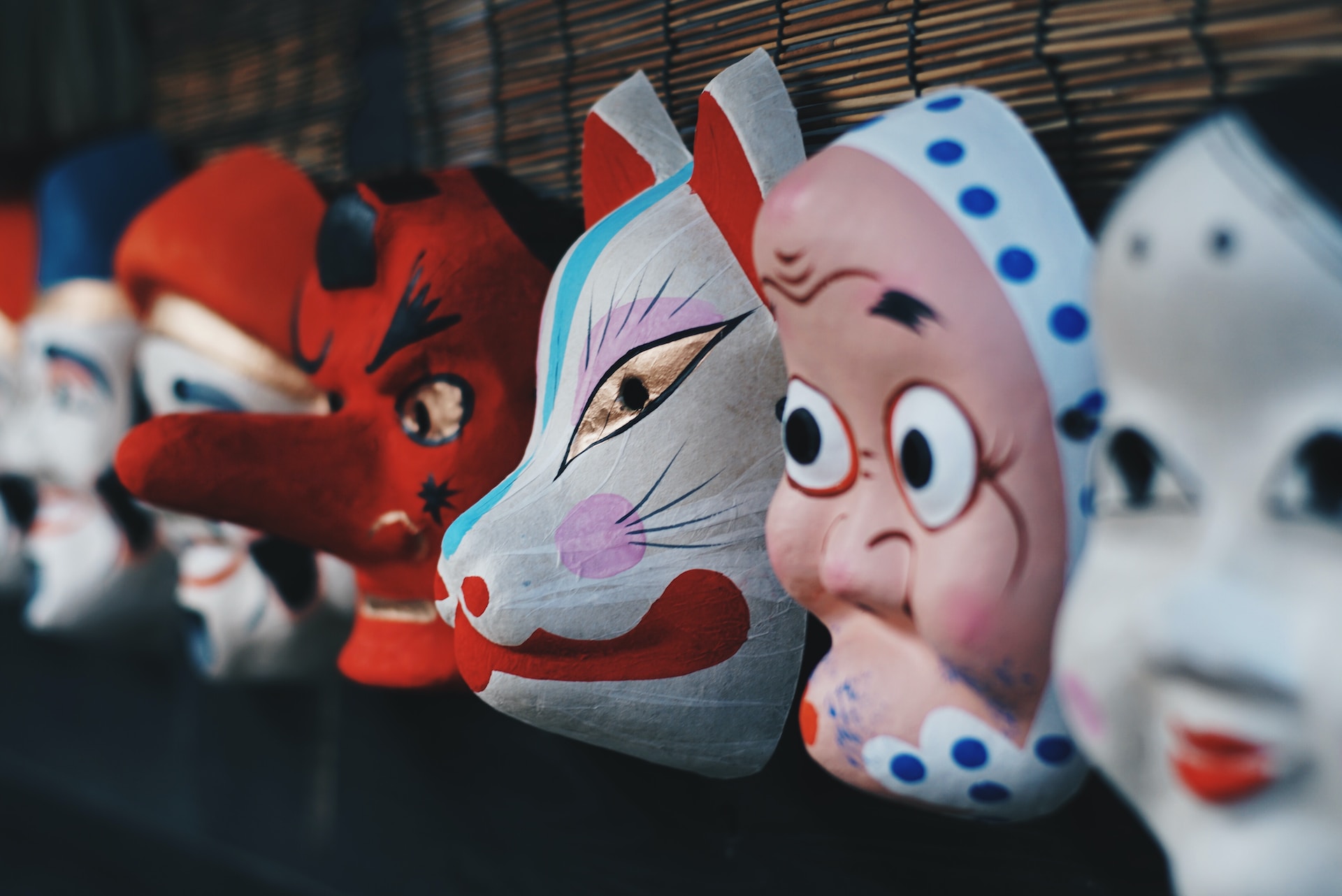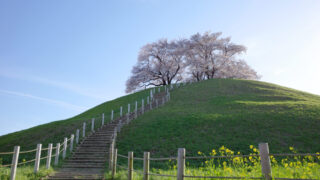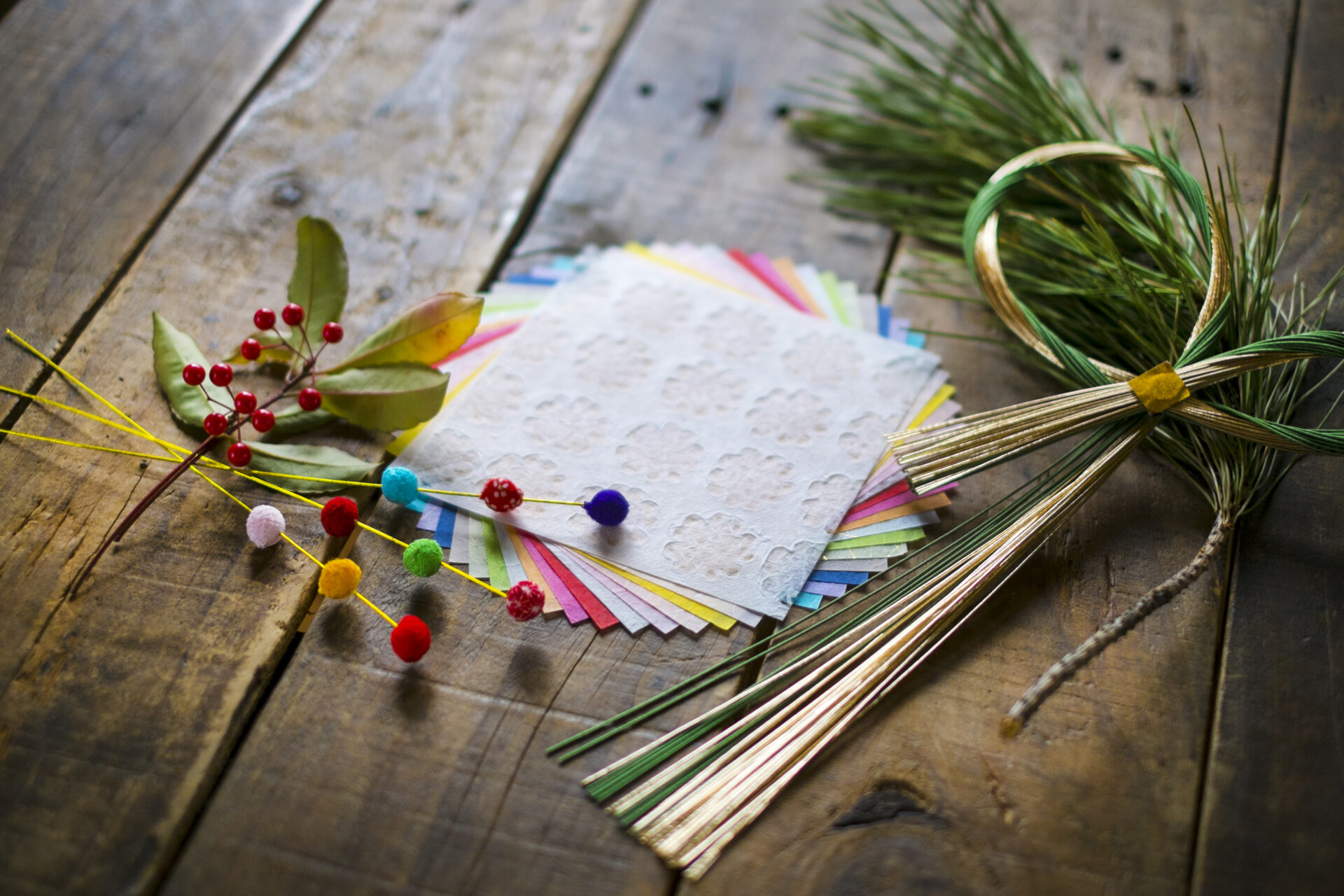
Mao Goto is a Japanese freelancer who was born in Hayama, Kanagawa prefecture, and raised in Tokyo. Since 2016 she lives in the Taito Ward, home to a lot of Japanese culture hotspots such as Asakusa, Akihabara, and Ueno. She has been interested in the field of English education in Japan and got her Master’s degree in March 2020. A lover of photography, travel, sweets, and cross-stitch. Contact her via Facebook.
This post may contain some affiliate links. When you click through and make a purchase we may receive some commission, at no extra cost to you.
Since ancient times, Japan has been known for its superstitious beliefs and unique customs. In this article, we invite you to explore some of the interesting superstitions rooted deep in Japan’s cultural background. These superstitions, sometimes beyond reason and common sense, have influenced the daily lives and thinking of the Japanese people. These beliefs, born from the intersection of historical backgrounds and religious elements, can provide an opportunity to understand the culture and spirit of Japan. This article introduces 10 interesting Japanese superstitions.
- 1. If you cut your nails at night, you’ll forget attending your parents’ deathbed
- 2. If you eat and sleep right away, you’ll turn into a cow
- 3. When thunder strikes, hide your belly button
- 4. Don’t sleep with your pillow facing north
- 5. The number “4” is very unlucky
- 6. When a crow caws, it brings bad luck
- 7. Don’t drink tea that’s been sitting overnight
- 8. Sleeping with socks on is bad luck.
- 9. Planting loquat in your home garden makes you sick
- 10. A broken mirror is bad luck
- Japan Wonder Travel Tours
1. If you cut your nails at night, you’ll forget attending your parents’ deathbed

In Japan, it is believed that one should not cut one’s nails at night. This is because the pronunciation of the words “night (夜)” and “world (世)” can be the same, and the idea is that “night nails (夜爪)” = “shortening one’s world (世詰)” = shortening one’s life span. Otherwise, it is thought to be a reminder not to bother cutting one’s nails at night when it is dark.
2. If you eat and sleep right away, you’ll turn into a cow

This superstition originated from the belief that it is bad manners to lie down immediately after eating. It is acceptable at home, but if you do this at someone else’s house, the other person may not feel good about it. It is better to relax and wind down for the evening instead of going directly to bed after your meal.
3. When thunder strikes, hide your belly button

This is due to the teaching that when lightning strikes, it gradually rains. The air becomes cooler and if you’re not dressed appropriately, you might catch a cold. However, originally, an old tale tells of Raijin (the Japanese God of lightning and thunder) gobbling up children’s belly buttons during a storm. It is believed that cold winds blow from the cumulonimbus clouds that actually produce the thunder. The term was created to prevent people from getting sick.
4. Don’t sleep with your pillow facing north
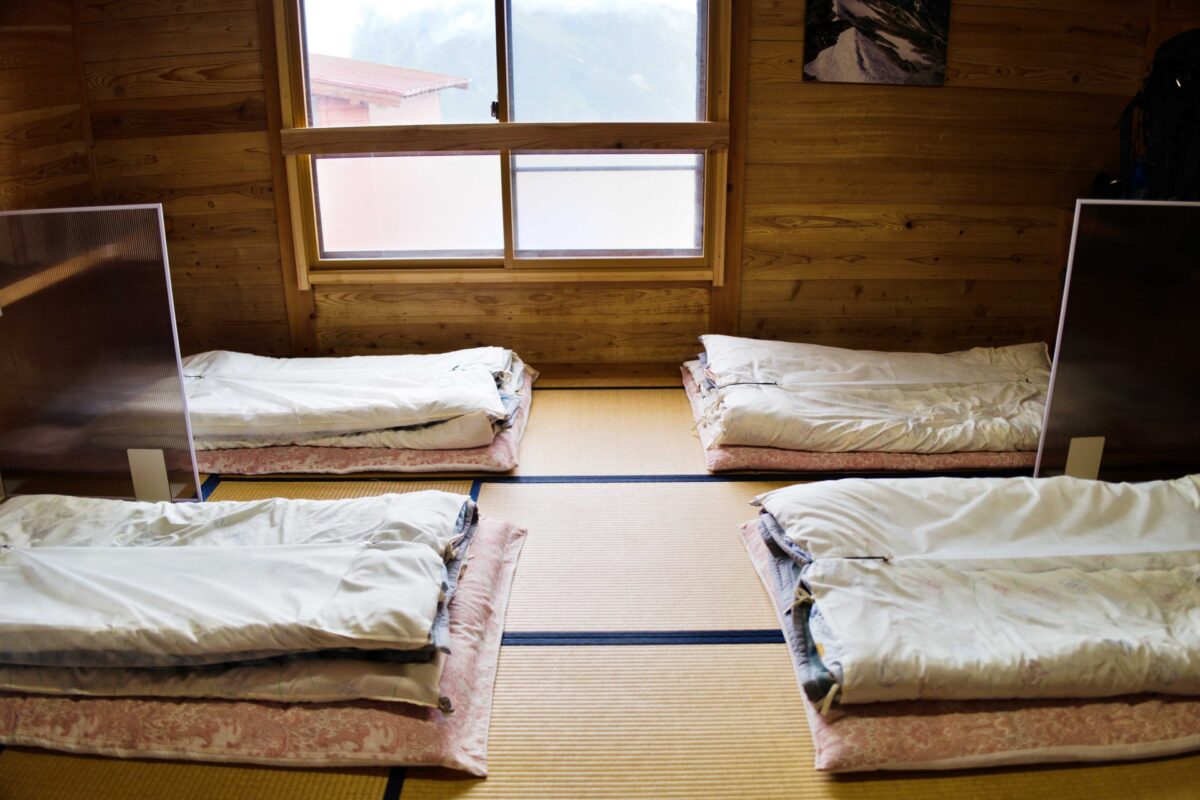
North pillow (北枕) refers to sleeping with the pillow facing north. The superstition that “sleeping with a north pillow is bad luck” is widely known in Japan. This is because it is strongly influenced by Buddhism, and it is believed that Buddha, the founder of Buddhism, died with his head facing north. Sleeping with the head in the north pillow is taken to mean “may the deceased person always go to heaven,” so it is bad luck for a living person to do so.
5. The number “4” is very unlucky

Just as the number “13” is considered unlucky in the West, the number “4” is considered unlucky in Japan. This is because the kanji for “4 (四)” can be pronounced exactly the same as the one for “death (死)”. This is why the number 4 is frowned upon and avoided in Japan. This is true not only in Japan but also in China, where the Chinese characters for “4 (四)” and “death (死)” are pronounced the same way and are therefore also extremely frowned upon in mainland China. Some hotels and buildings in China have eliminated floors with the number “4”.
6. When a crow caws, it brings bad luck

Just as the crow is recognized as a “witch’s messenger” in the West, the crow has long been considered an evil omen bird with bad luck in Japan. Although there are various theories as to how it came to be regarded as a symbol of bad luck, A theory that posits, the black appearance of crows elicits associations with “death” and “misfortune” among the Japanese people.
7. Don’t drink tea that’s been sitting overnight

Japan has been a tea-loving country since ancient times, but you should never drink tea brewed the day before if it was left outside! The tannins in the tea will spoil over time, and this can cause health problems. the superstition originally came about before refrigerators were a thing. Make sure to only drink tea that has been stored in the refrigerator, in unopened plastic bottles, or freshly brewed.
8. Sleeping with socks on is bad luck.

This is related to the death garment (white clothing worn by the dead) in Japan. When a person dies, he or she wears pure white clothes as the last garment. At that time, they put on white tabi socks (足袋). As a result of this belief, the adage “Sleeping with one’s socks on is considered to bring misfortune” has been coined. In fact, it is medically considered not so good, and it is said that it causes feet to steam and is bad for blood circulation.
9. Planting loquat in your home garden makes you sick

Many Japanese home gardens are planted with roses, plums, and various other trees, but did you know that there are actually certain types of trees that are frowned upon? The exact origin of the loquat tree was originally found in central china, and appeared in Japan about 1000 years ago and is generally highly valued. Though, it was planted in many Japanese hospitals in the past as its leaves contained medicinal properties that were used as ingredients in medicines. From there, loquat seems to have spread as something associated with illness.
10. A broken mirror is bad luck
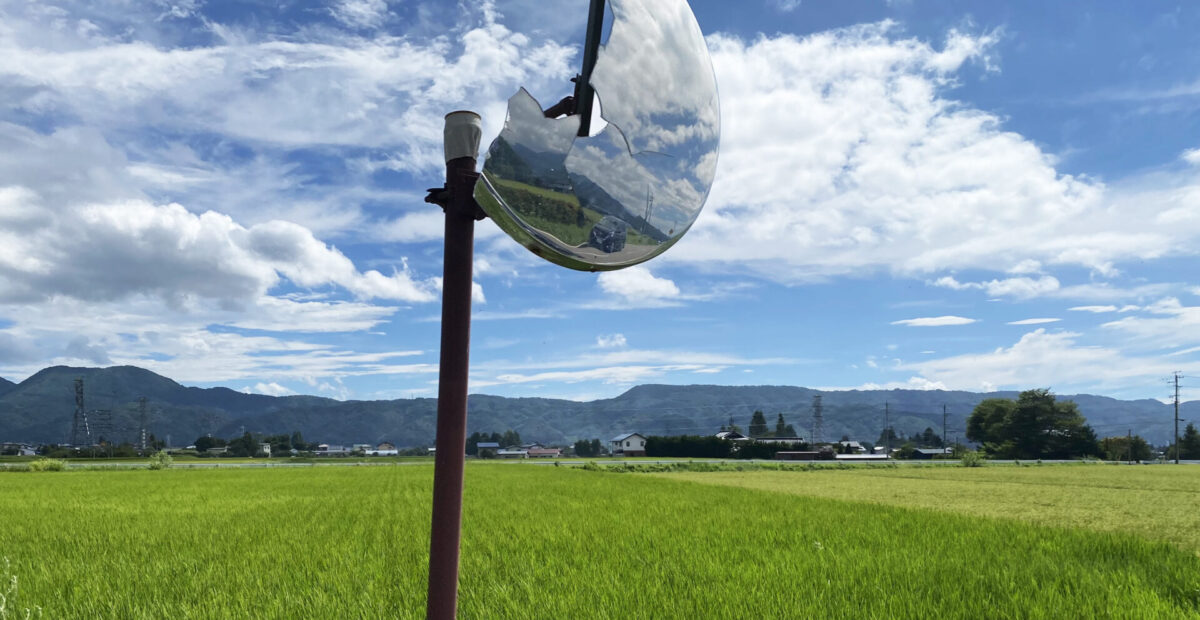
In Japan, mirrors have long been regarded as sacred objects that “repel evil”. It is said that when a mirror breaks, it is taken to mean “An omen that something unfortunate will appear”. Seeing one’s face distorted when reflected in a broken mirror is not psychologically pleasant.
Incidentally, it is also not good to continue using a broken mirror because it’s perilous, so if it breaks, dispose of it promptly.
In this article, we have looked at prominent Japanese superstitions, but did you find any of them interesting to you? Beyond mere belief or non-belief, these superstitions have a long history as part of Japanese culture. Some of these superstitions have persisted in modern Japanese society and have been influenced by Japanese religion and culture. There are many other mysterious superstitions; the occult world in Japan really is fascinating and warrants interest!
Japan Wonder Travel Tours
Japan Wonder Travel is a travel agency that offers guided tours throughout Japan.
From private walking tours to delicious Food and Drink tours, we can help you organize the best tours just for you! If you want to explore Japan and learn more about the history and backstories of each area you are visiting, our knowledgeable and friendly English speaking guides will happily take you to the best spots!
In addition, we can provide you with any assistance you may need for your upcoming trip to Japan, so please feel free to contact us if you have any questions or need some help!
▶Tokyo Tsukiji Fish Market Food and Drink Tour
Explore the most lively and popular fish market in Tokyo and try some of the local’s favorite street foods and sake with one of our friendly and knowledgeable English speaking guides!

▶Tokyo 1–Day Highlights Private Walking Tour (8 Hours)
There’s no better way to explore an area than taking a tour with a knowledgeable local guide. You will have the chance to learn about the history and interesting background stories of Tokyo, as well as discover some hidden gems which can be hard to do without a guide.
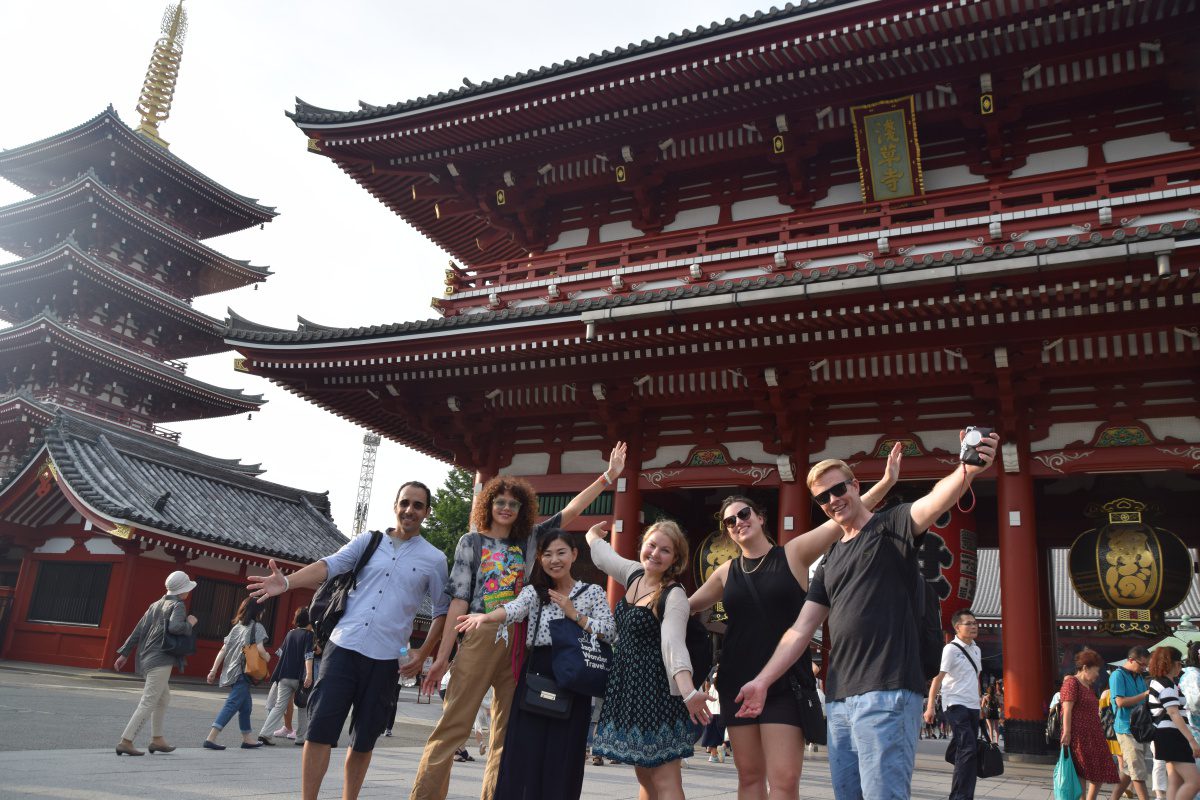
▶Mt. Fuji Day Trip Bus Tour from Tokyo
Experience the breathtaking views of Mt. Fuji by visiting the highlights of the area on our guided sightseeing bus tour! Departing from Shinjuku in central Tokyo, you can travel comfortably to all of the best spots in the area by bus.
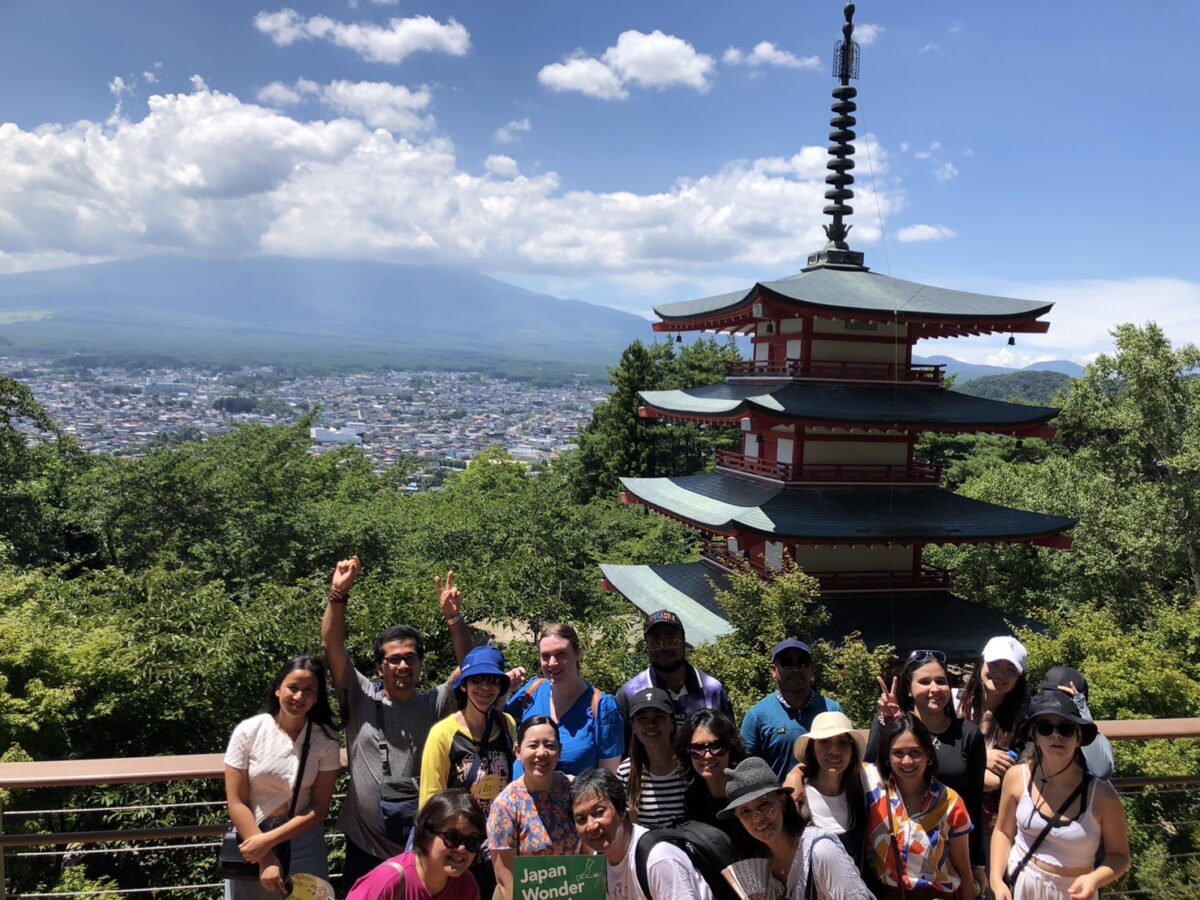
▶Kyoto Private Full Day Walking Tour
On this full-day private tour of Kyoto, you will be able to see the highlights of Kyoto in just one day and at the same time develop a deeper understanding of both the culture of the area and Japan as a whole.
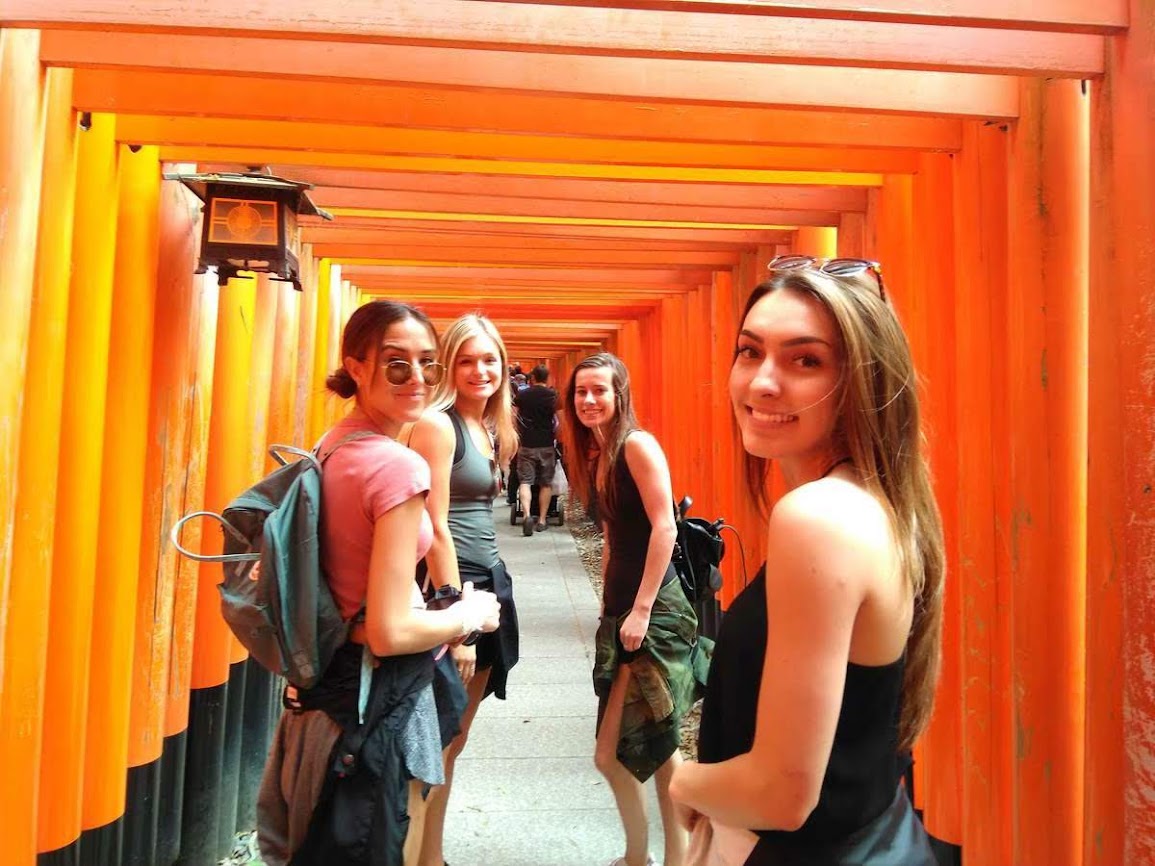
Follow us on Instagram, Facebook, Twitter, and TikTok for more travel inspiration. Or tag us to get featured!
Happy traveling!
Stay informed of the best travel tips to Japan, the most exciting things to do and see, and the top experiences to have with the Japan Wonder Travel Newsletter. Every week we will introduce you to our latest content.
